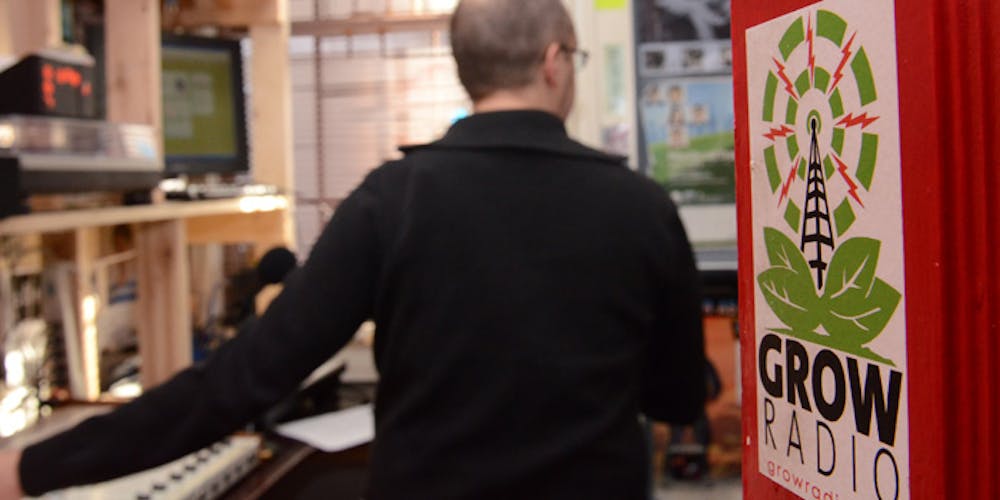President Barack Obama’s signing of the Local Community Radio Act earlier this month gave music fans hope for a future of more diversity on the airwaves. The act allows for the development of hundreds of low-power FM (LPFM) stations across the country — something that has been a long-standing feat for industry workers, as many believe LPFMs cause too much interference with commercial radio stations.
Although the new legislation may seem good on paper, Randy Wright, director of multimedia properties at UF, said the changes won’t be as drastic as some think.
“The [act] was certainly born out of people wanting to try to do the right thing,” Wright said, “but these licenses are really handicapped by being so low-power and by being non-commercial.”
Even a larger LPFM with 100 watts only has a listening radius of 6 miles, meaning that if one was put in the center of Gainesville, it probably wouldn’t cover the whole town, he said.
But the real problem isn’t about how far the signals reach. Rather, it’s earning enough money required to start and run a LPFM, which can cost thousands upon thousands of dollars, Wright said.
What worsens the financial situation for stations like this is that FCC regulations don’t allow LPFMs to sell advertising.
“It’s like you have one arm tied behind your back,” Wright said. “If the local stations could sell advertising, they would have a much better chance to succeed.”
So, what is there for people tired of hearing ‘90s alternative leftovers, teen pop and the same, washed-up songs rotated over and over again?
Why, the Internet of course.
Wright said he’s working with www.Rock104.com to develop an online station that appeals to college students and focuses on local music.
Grow Radio, which aims to reach the community via the Internet, is a Gainesville-born radio station. Bill Bryson, the station’s manager and founder, moved to Gainesville in 1992 to open The Covered Dish, a music venue he ran for eight years in the building that’s now local music venue Common Grounds.
“Not having a student-run college station was something I was aware of before I opened my club,” Bryson said. “I didn’t realize it would make as big a difference as it did.”
Bryson said he has seen various attempts to try to start a Gainesville college station, but nothing has ever stuck.
He decided on an Internet radio because it was an easy entry point, less costly than an FM radio station, and, more practical, as more people are using their computers and phones to listen to the radio.
On Sunday, upon entering Grow Radio’s quaint downtown station, it seemed eerily placid, and at first, empty. But two stickers on the door — one for Grow Radio, the other for Satellite Magazine, a Gainesville community magazine Bryson started — indicated this was the right place.
Eventually, DJ Trey Woodard opened the door to reveal a cozy, colorful room — covered in enough show posters to start a wing of a Gainesville music museum.
Woodard was inside, comfortably stationed at his desk and glancing at a computer monitor, turning knobs and scribbling things on a sheet of paper.
Bryson and Woodard have known each other since the ‘90s, when Woodward went to UF. When Bryson approached Woodard and asked if he’d be interested in working for the station, Woodward agreed.
“No one should just be a country station or just an indie rock station or a rock ‘n’ roll station,” Woodard said. “[Bryson] wants there to be a Gainesville station.”
Online broadcasting appealed to him as well. It would be silly to think that the Internet and the radio won’t evolve to the point where it’s totally accessible wherever you are, he said. But, Woodard does think that to be successful, online broadcasters will have to give people something extra to make them stand out from an iPod on shuffle.
“I’m pretty excited about the idea of people having access to the things that are more suited to them,” he said. “You’re not limited to the more cookie-cutter programming that’s out there.”





